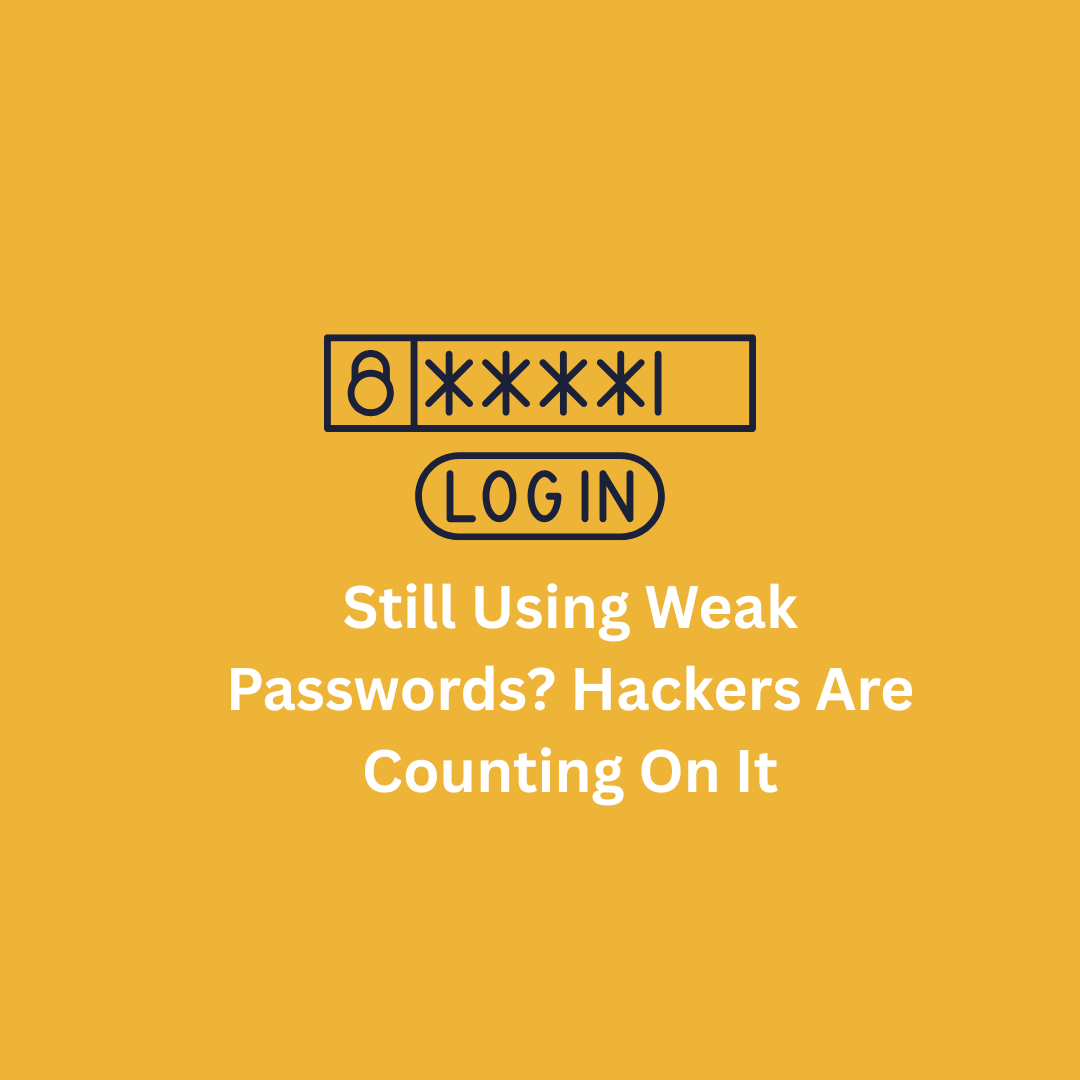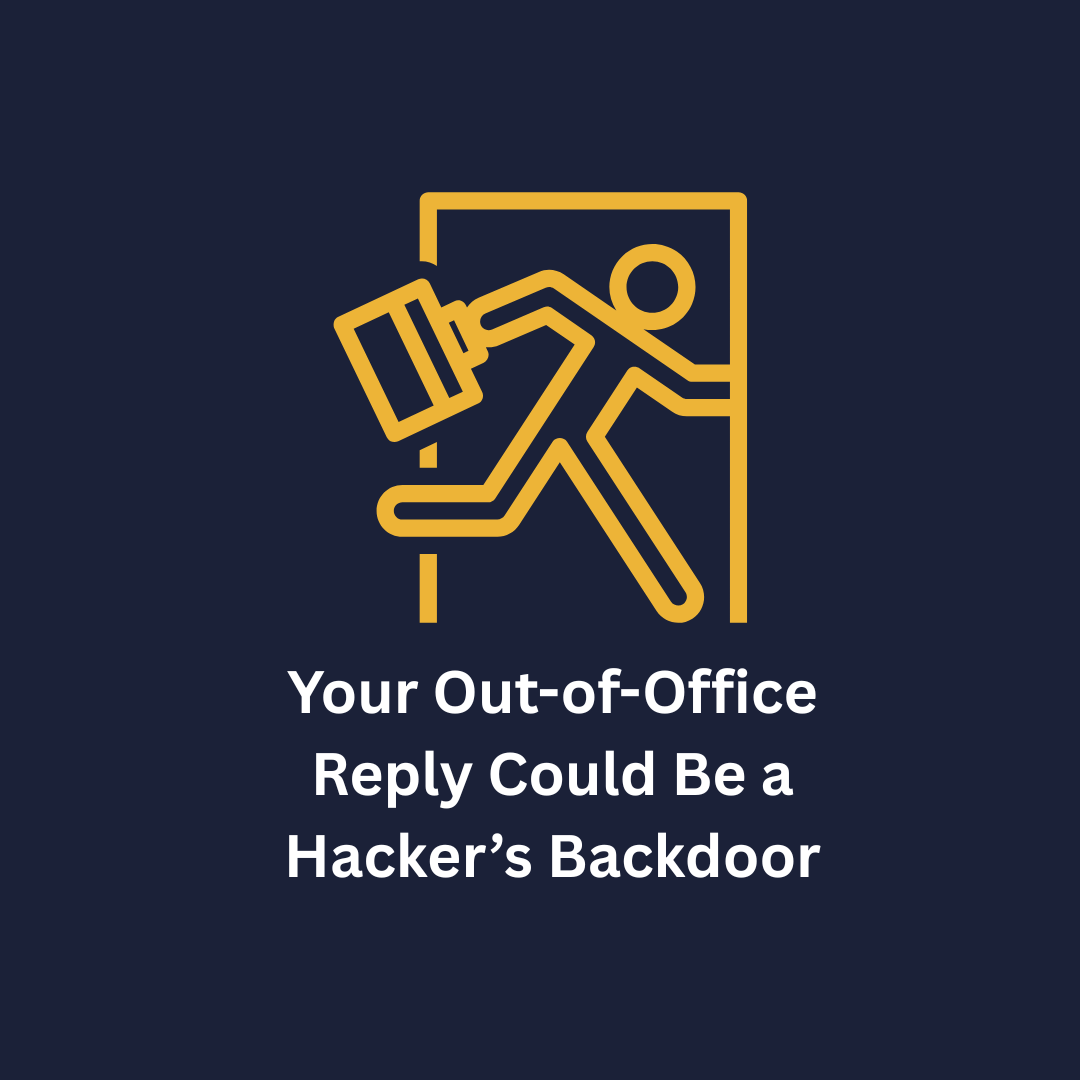PIN Safety
Personal Identification Numbers (PINs) are a foundational part of security in the digital age. A PIN is a numerical code that provides a layer of security to prevent unauthorized access. The importance of PIN safety cannot be overstated, as it is often the first line of defense against fraud and identity theft.
Understanding PINs
A PIN is typically a 4-to-6-digit number assigned by an institution or selected by the user. It is essential that a PIN is kept secret and not shared with anyone, as possession of this number along with the associated account information can enable fraudulent transactions.
Best Practices for PIN Safety
1. Selection of PIN: Choose a PIN that is difficult to guess. Avoid using easily accessible personal information such as birthdays, anniversaries, or part of your social security number.
2. Complexity: If possible, use a PIN with more than four digits to increase complexity. Some systems now allow for longer PINs or even alphanumeric codes.
3. Secrecy: Never share your PIN with anyone. If you must share it for some reason, such as with a family member, change it as soon as possible afterward.
4. Regular Changes: Continually changing your PIN can help prevent unauthorized use if your number has been inadvertently compromised.
5. Avoiding Common PINs: Some PINs are more common than others, making them more vulnerable. For example, sequences like "1234" or repeated numbers like "1111" should be avoided.
The Role of Institutions
Organizations that use PINs for security are also responsible for ensuring the safety of their customers. This includes providing secure methods for PIN transmission and storage and educating customers on best practices for PIN safety.
The Future of PIN Security
As technology advances, so do the methods for securing personal identification numbers. Biometric security measures, such as fingerprint or facial recognition, are becoming more prevalent and may eventually replace traditional PINs. However, until such technologies are universally adopted, the responsibility for PIN safety rests on the individual.
The safety of your personal identification number is crucial in safeguarding your personal information. By following best practices for creating and managing your PIN, you can significantly reduce the risk of fraud and identity theft. Always remain vigilant and proactive in protecting your personal identification number.
PIN vs Password
Where possible, use passwords instead of PIN numbers. You can make your passwords much stronger.
We are here to serve our clients and would love to answer any further questions you may have about pin safety. We are available at 877-686-6642.


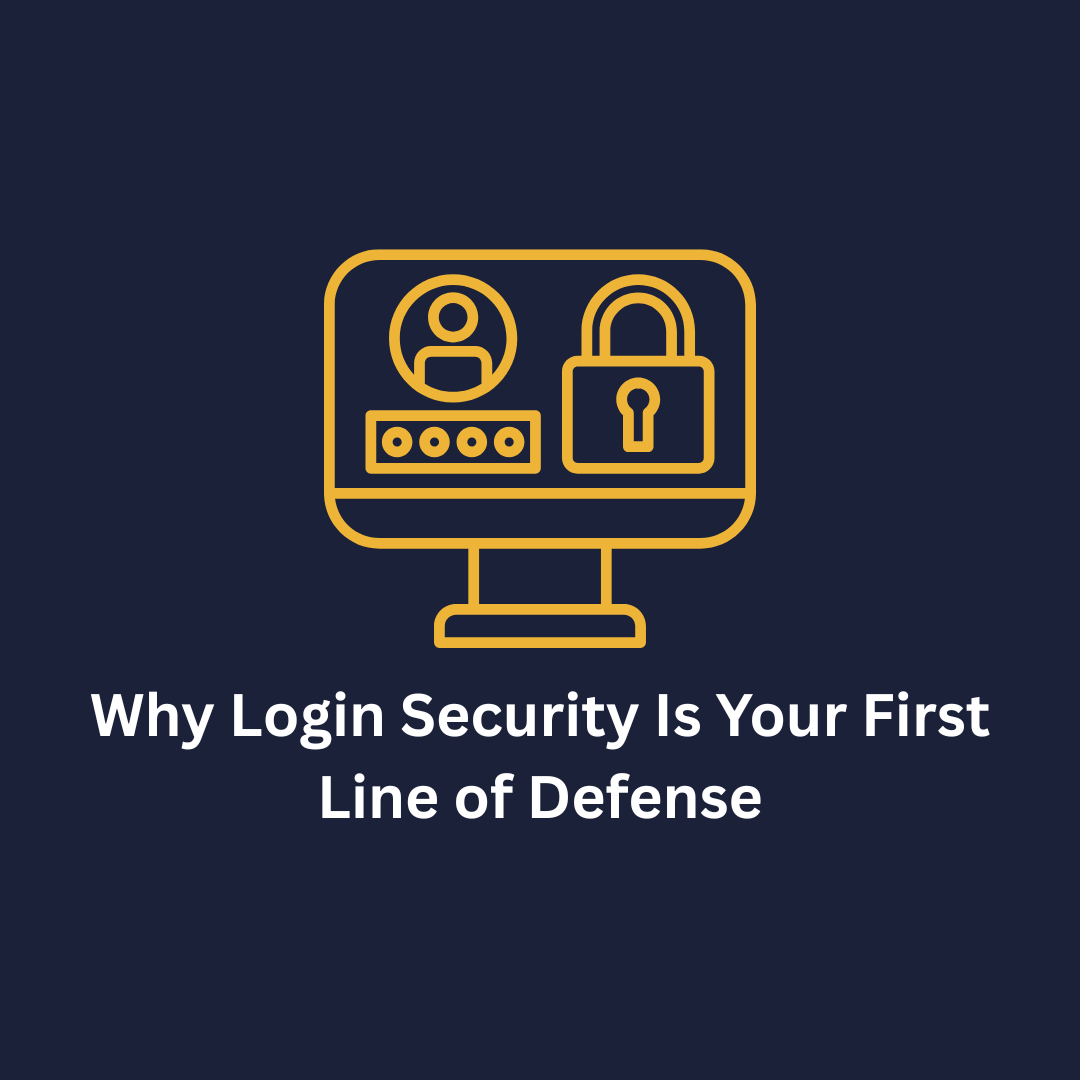
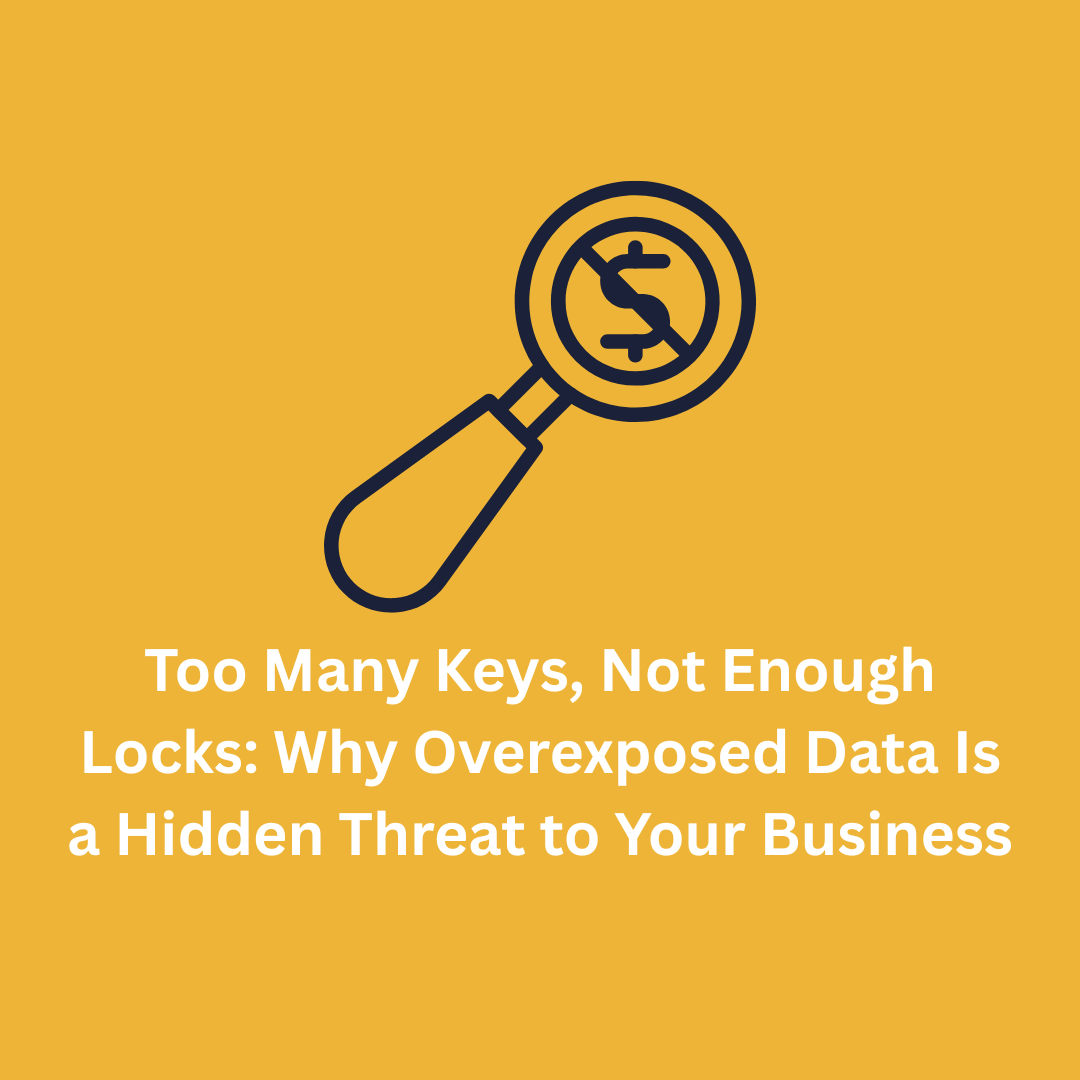

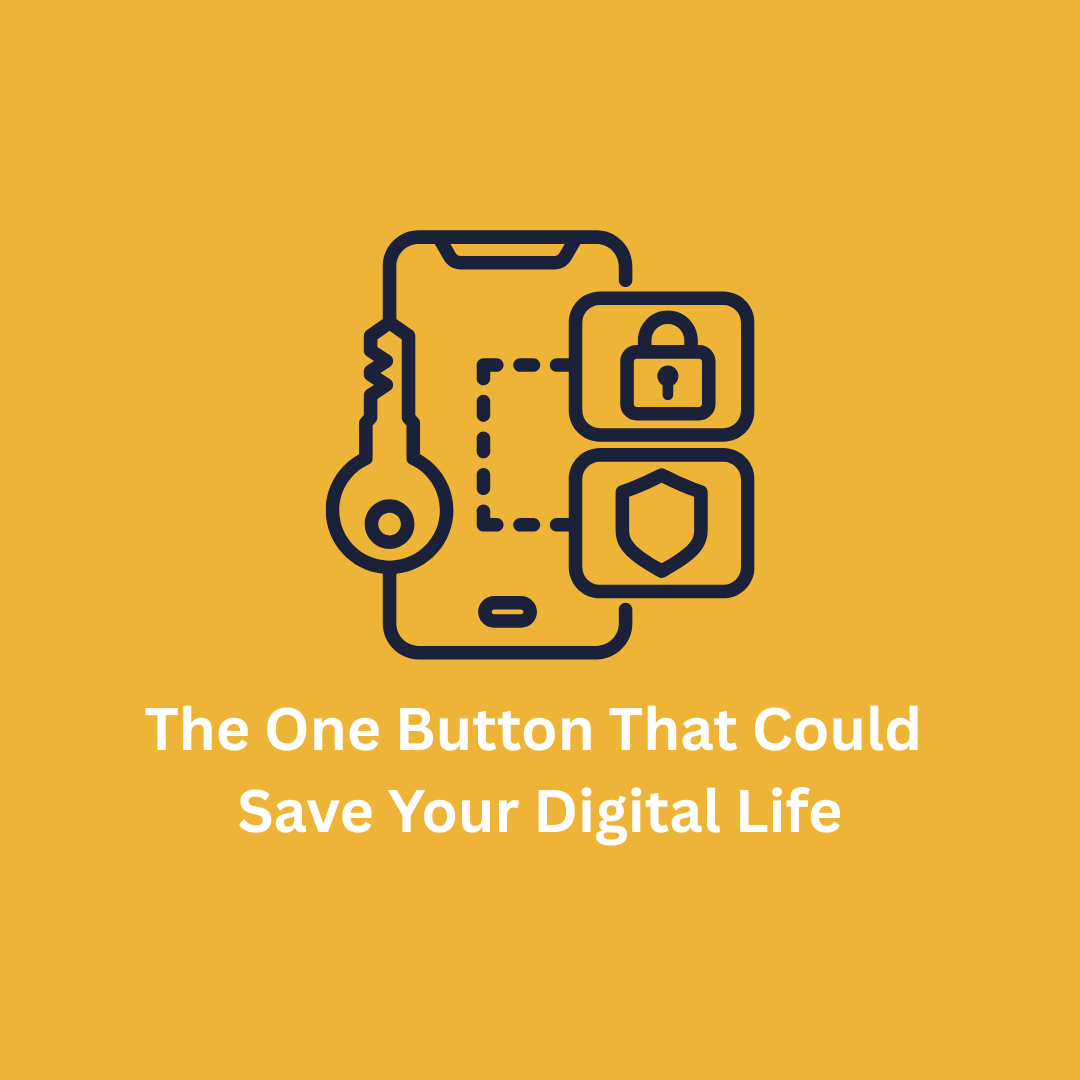


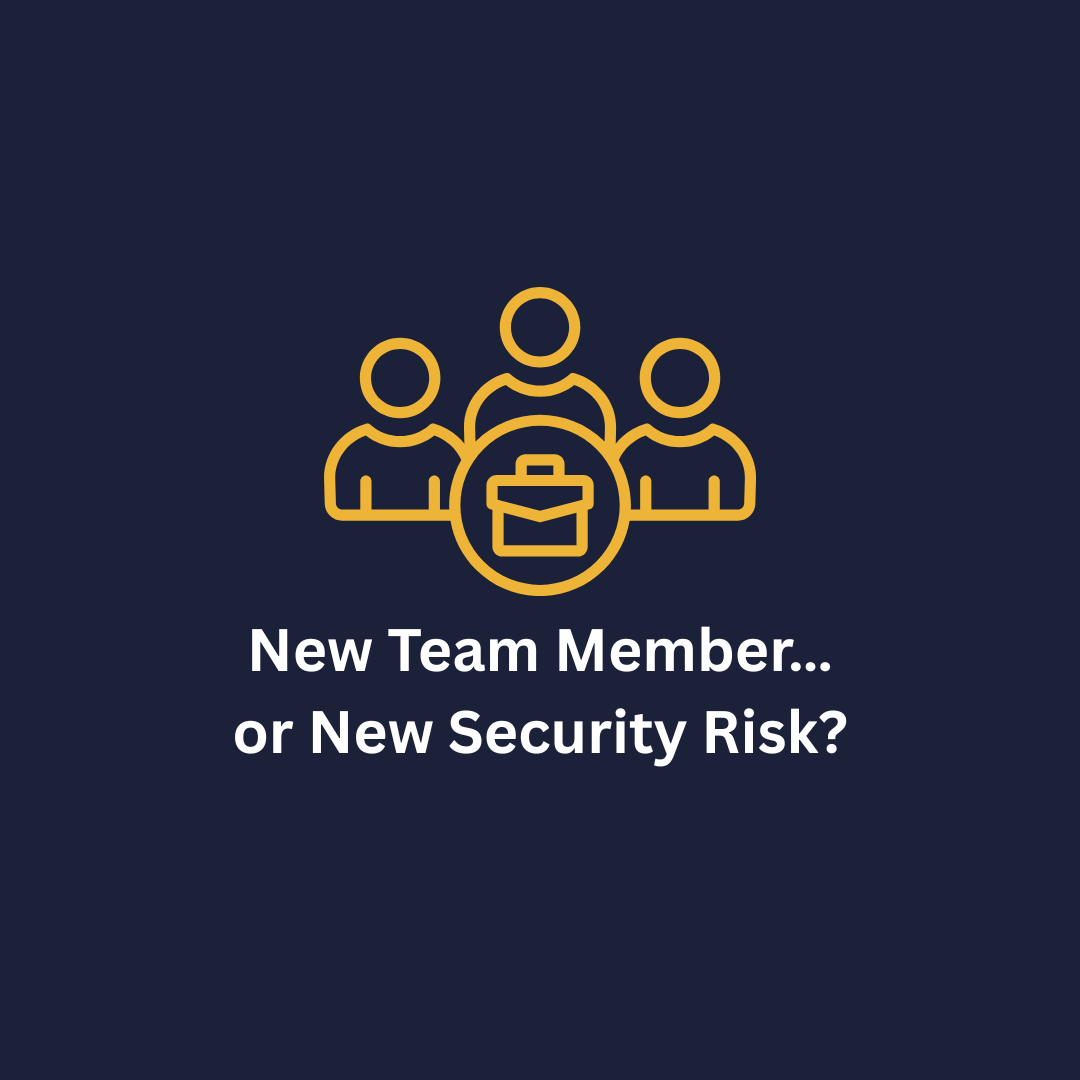
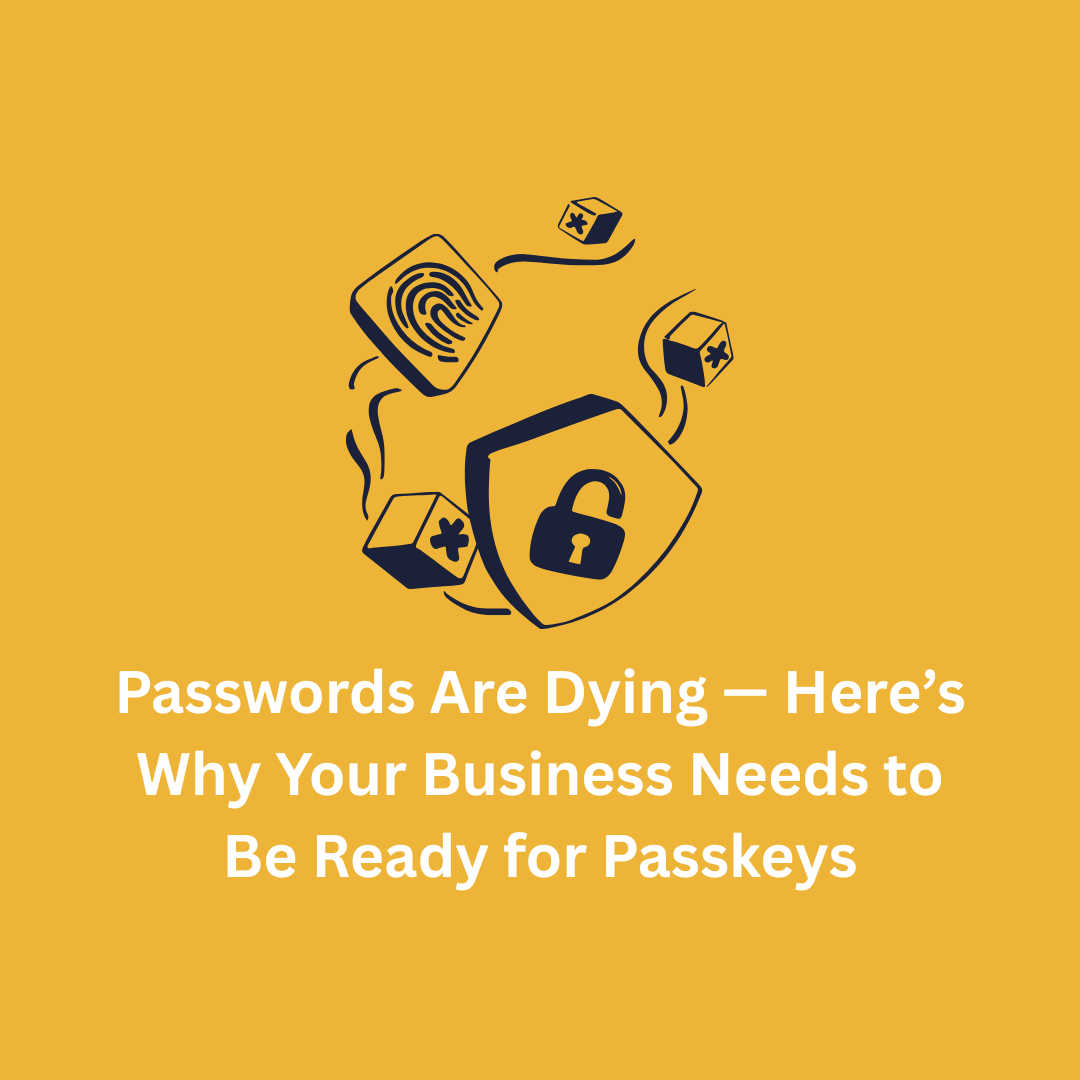








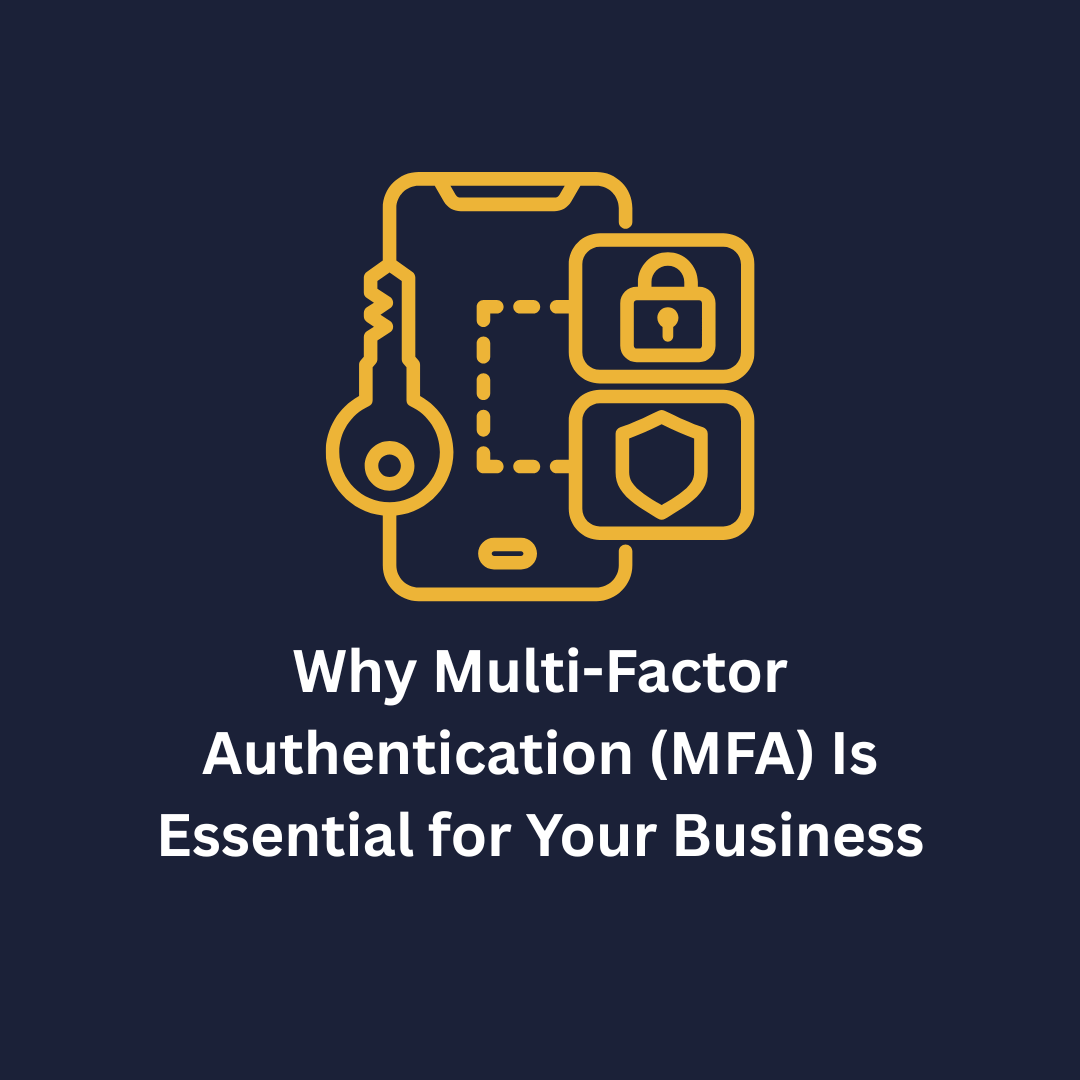
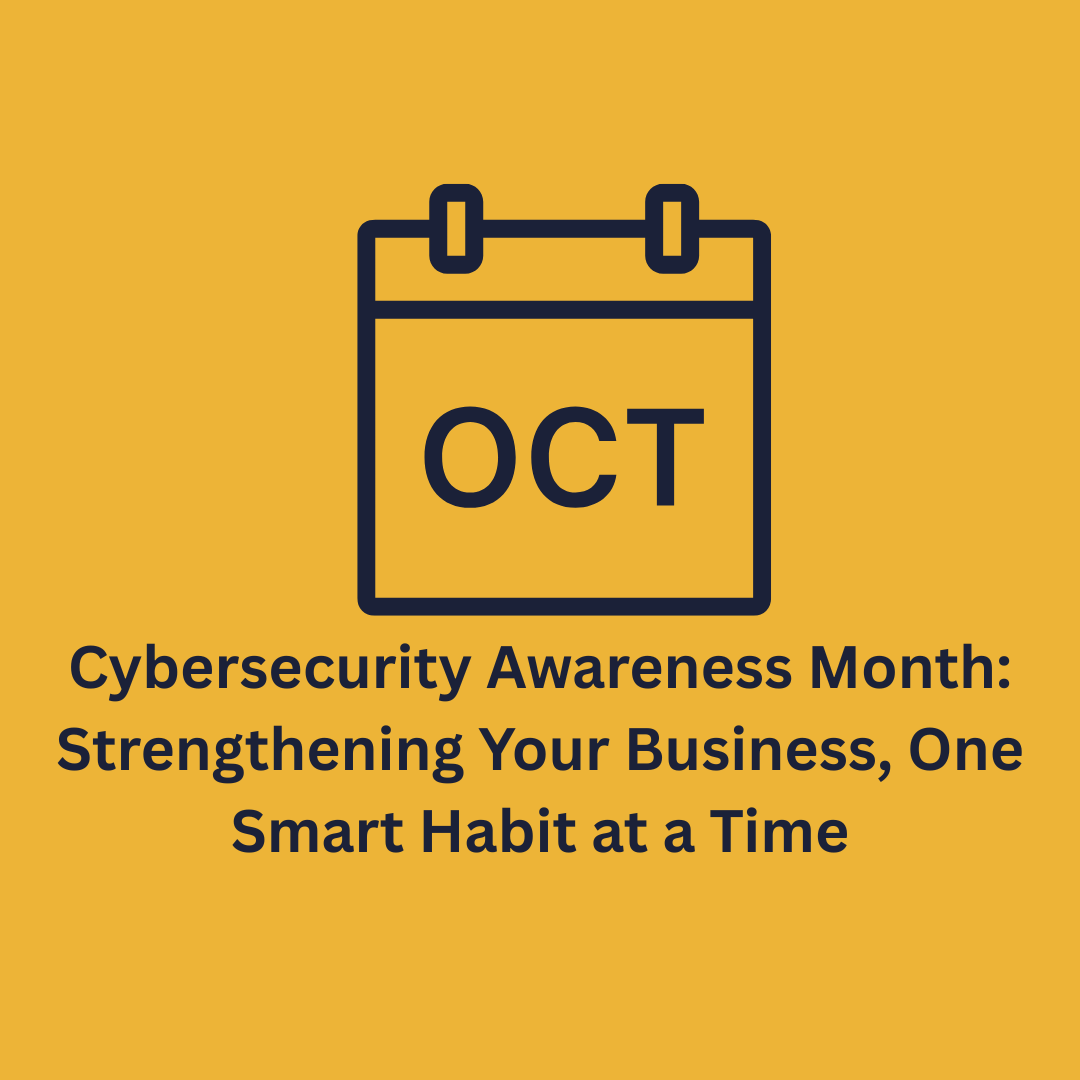

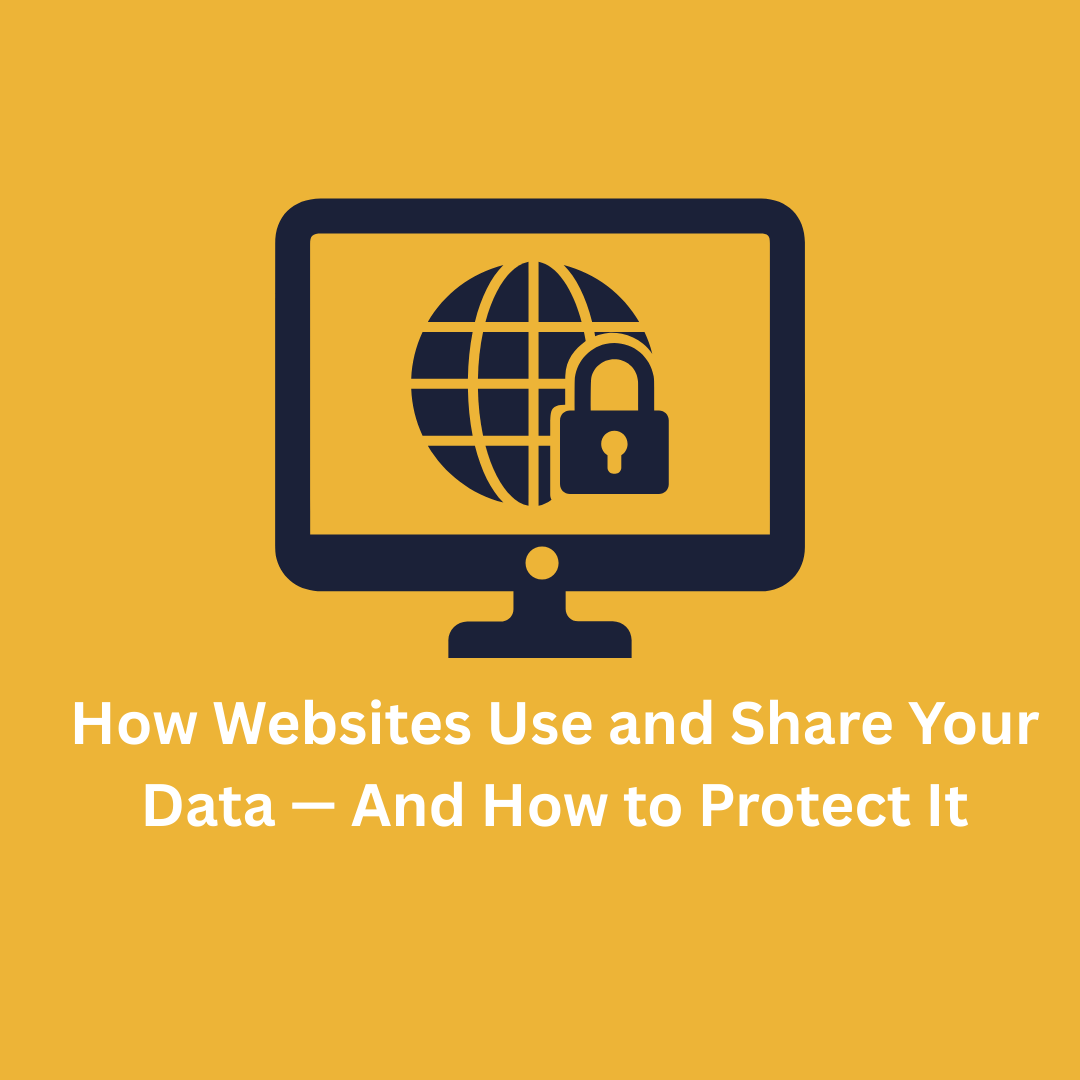


.png)

